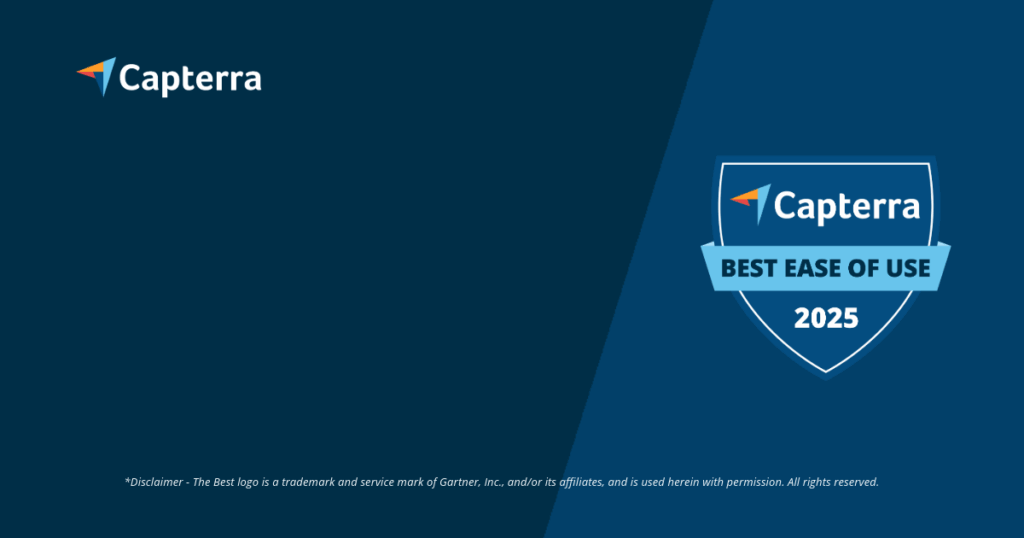The core problem: Why 9 out of 10 construction projects struggle with inefficiency
The competitive pressure in the construction industry is steadily increasing, while profit margins often only range between 3% and 5%. The main cause of wasted potential is the inefficient management of projects. Information is scattered across countless emails, Excel spreadsheets, and over 10 different WhatsApp groups per project. This results in a lack of real-time data, causing project management to react to cost overruns only with a delay of 2-3 weeks. Lack of transparency costs a mid-sized construction company over 100,000 euros annually. The manual tracking of materials and personnel also consumes up to 10 hours per week per project manager. These fragmented processes prevent an agile response to unforeseen events, which directly endangers profitability. Without a central data source, important decisions remain a blind flight.
What is ERP software for the construction industry?
Enterprise Resource Planning (ERP) refers to software that digitally maps and manages all business resources and processes of a company. A specialized ERP software for the construction industry is tailored to the specific requirements of construction projects. It consolidates all data from estimation, purchasing, human resources, accounting, and project management in a central database. Instead of working with isolated stand-alone solutions, all departments access the same, up-to-date information. This reduces the error rate from manual double entries by demonstrably over 50%. Such a system enables the transparent management of the entire project lifecycle from the initial tender to the final billing. This makes the software the digital backbone of the company and lays the foundation for informed, data-driven decisions. The right software for construction estimation is a crucial building block.
Key features that every construction company needs
A powerful ERP solution for construction must include specific, industry-tailored modules to deliver real value. Here are the 5 most important features:
- Project management and control: This module is the heart of it all and allows for detailed planning of project phases, resource allocation, and real-time monitoring of construction progress.
- Financial accounting and controlling: It allows for precise cost control through direct comparison of planned and actual values and automates invoicing.
- Resource and materials management: This helps optimize the utilization of personnel and machinery and ensures that materials are available on site on time and in the right quantity.
- Construction documentation and defect management: Seamless and legally compliant documentation of daily construction reports and defects is essential for guarantees and is digitally represented here.
- Mobile time tracking and payroll: Employees record their working hours directly on site via mobile, which accelerates payroll processing by up to 80% and reduces errors.
These integrated features create a seamless process chain and prevent information breaks between departments.
The biggest lever: Up to 25% more profitability through central data
Implementing an integrated system ERP software for the construction industry is more than just a technical modernization – it is a direct lever for your profitability. By maintaining central data, you gain a real-time overview of all project costs, enabling immediate countermeasures for budget deviations. Companies report a reduction in unforeseen costs of up to 15%. The automation of routine tasks such as invoicing or material ordering saves an average of 8 working hours per week per office employee. This gained time can be used for value-adding activities such as customer care or optimizing construction processes. An improved process optimization in construction leads to an increase in project efficiency of at least 10%. Ultimately, transparency fosters better collaboration among all teams and strengthens client trust.
Choosing the right ERP software: A 5-step guide
Choosing an ERP system is a strategic decision for the next 10-15 years. Proceed systematically in your selection:
- Conduct needs analysis: Analyze your current processes and identify the biggest bottlenecks. Involve employees from all departments to create a requirement list with at least 20 core points.
- Prioritize industry specialization: Choose a provider that demonstrably understands the construction industry. A standard ERP solution requires adaptations that can often make up 50% of the total budget.
- Pay attention to cloud and scalability: A cloud software for construction offers flexibility, mobile access, and reduces internal IT effort by over 60%. Ensure that the software can grow with your company.
- Check interfaces: The system must be able to integrate seamlessly into your existing software landscape (e.g., CAD, BIM). Open interfaces (APIs) are a must.
- Evaluate provider expertise: Choose a partner that not only sells software but also offers implementation support and training. Check at least 3 reference clients from your industry.
Careful selection is the foundation for successful digitalization of your construction projects.
The biggest hurdle: If the construction site does not accept the software
The best ERP software for the construction industry is useless if data is missing or faulty from the construction site. This is where over 70% of digitization initiatives fail. The employees on-site – foremen, skilled workers, subcontractors – are overwhelmed by complex, overloaded apps. They often require hours of training and do not see the value directly in their daily work. Acceptance for new software on the construction site drops by 90% if it cannot be understood within 5 minutes. Language barriers and the need to use personal smartphones for company apps create additional hurdles. If tracking construction progress, defects, or working hours is more complicated than sending a photo via WhatsApp, data will not be captured. This break in the data chain undermines the entire benefit of the expensive ERP system in the office.
Conclusion: Simplicity is the key to success
A ERP software for the construction industry is a powerful tool for managing your business processes and increasing profitability. It creates a central truth and automates administrative tasks. However, success significantly depends on the quality and timeliness of the data directly from the construction site. The decisive factor is a solution that is used by 100% of your employees, not just the 10% in the office. Valoon bridges exactly this gap. We rely on the tool that everyone on the construction site already uses: WhatsApp. Without a new app, without training, and across all language barriers, construction progress, defects, and working hours are documented in a legally secure manner and automatically structured for your office. This way, you feed your ERP system with perfect data and make your digitalization truly successful. A good document management software for construction is the first step. Book a free demo and see how easy the bridge between the construction site and the office can be.
More Links
Fraunhofer IESE offers a blog article about a study on digitalization in the construction industry.
Destatis (Federal Statistical Office) provides an article on the digitalization potential in construction activity statistics.
PwC publishes a press release on a study of the construction industry in 2023, highlighting the state of digitalization and sustainability.
Central Association of the German Construction Industry (ZDB) offers a position paper on the subject of digitalization.
de.digital (Federal Ministry for Economic Affairs and Climate Action) provides information on the digitalization index.
Statista presents a statistic on the implementation level of digitalization in the construction industry in the DACH region.
BAU Munich Fair provides information on the lead theme Digital Transformation.
Wikipedia offers a comprehensive English-language article on Enterprise Resource Planning (ERP).
Wikipedia lists various industry software solutions in a German-language category.
Main Association of the German Construction Industry provides an expert opinion.
FAQ
What is ERP software for the construction industry?
An ERP software for the construction industry is a central software solution that integrates all commercial and operational processes of a construction company. This includes project management, estimation, financial accounting, purchasing, material management, equipment allocation, and construction documentation.
Is an ERP solution also sensible for small construction companies?
Yes, absolutely. Modern, cloud-based ERP systems are scalable and affordable even for small companies. They help establish professional and efficient structures from the outset, significantly enhancing competitiveness and minimizing administrative overhead.
How does an ERP software improve project control?
An ERP software improves project control through real-time data. You can compare planned budgets with actual costs at any time, track construction progress, and optimize the utilization of personnel and machinery. This enables you to react early to deviations and keep projects under control.
What does ‘legally compliant construction documentation’ mean in the context of software?
Legally compliant construction documentation means that all relevant events on the construction site (e.g., progress, defects, weather) are recorded seamlessly, immutably, and time-stamped. Good software ensures that this documentation holds up in court as evidence, which is crucial in disputes over defects or billing.
Our employees on the construction site do not use email. How can they provide data?
Exactly this is the strength of Valoon. We use communication channels that your employees already know and use daily, such as WhatsApp. They can easily send photos, texts, and voice messages via chat, and our platform automatically converts these into structured, legally compliant data for your office. No new app and no training is required.
Can Valoon work with our existing ERP software?
Yes, Valoon is designed to function as a perfect complement to your existing ERP or industry software. We deliver clean, structured, and validated data from the construction site via simple interfaces directly to your system. This way, you combine the strengths of commercial management with 100% acceptance on the construction site.








